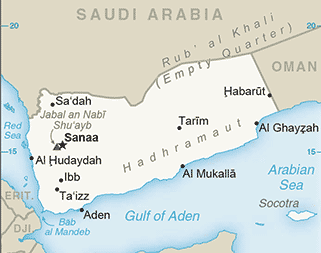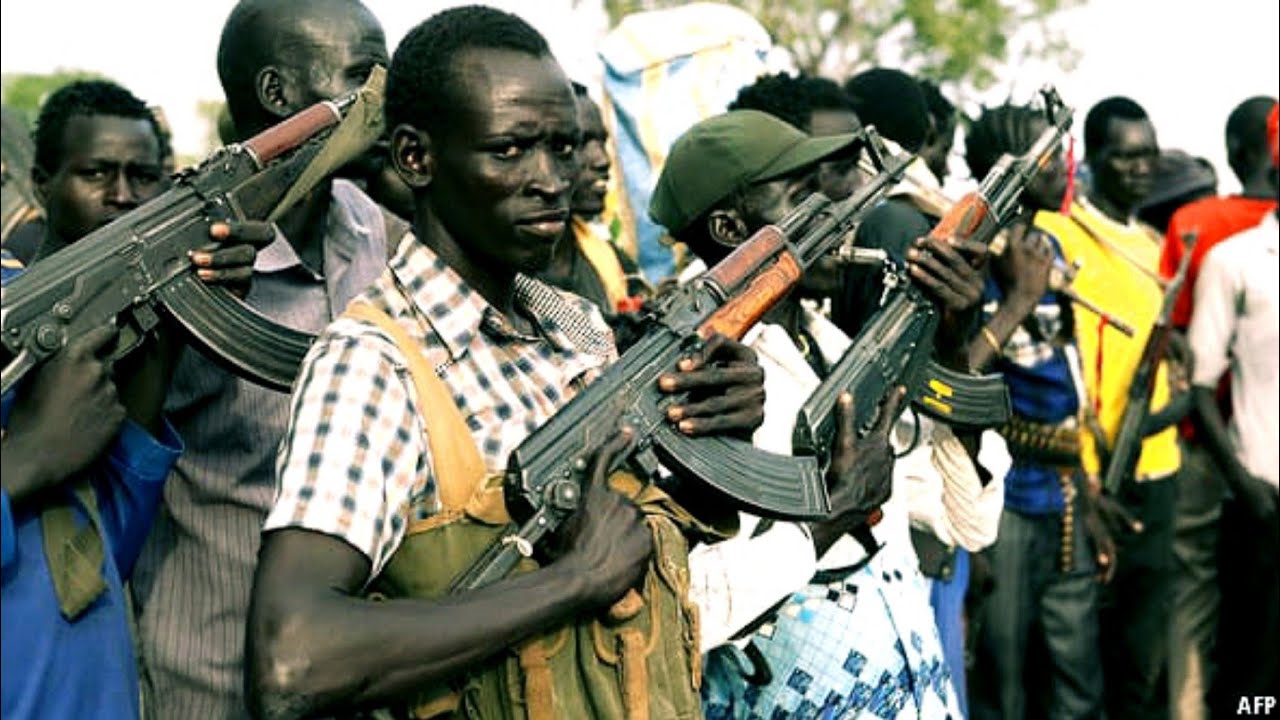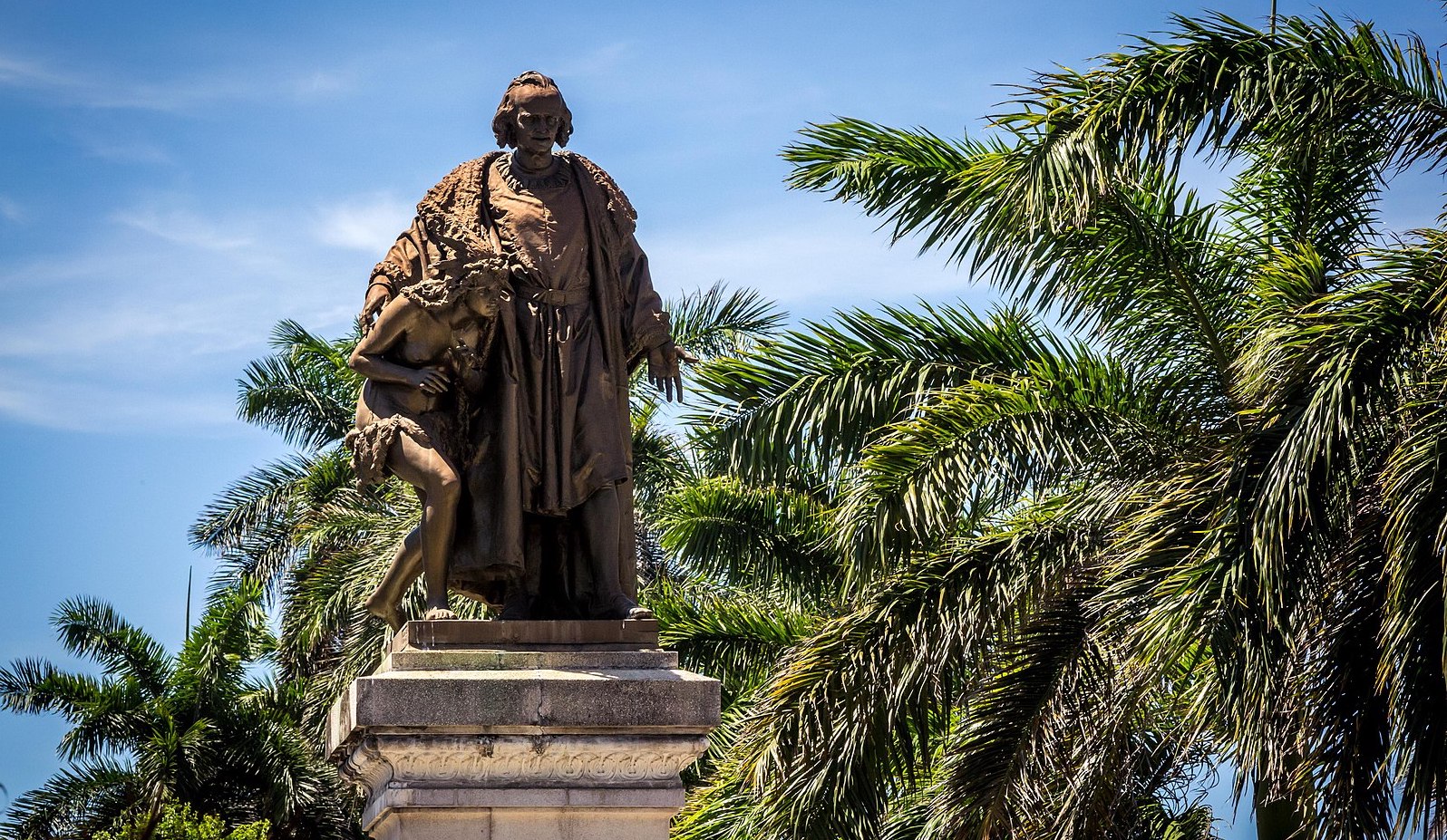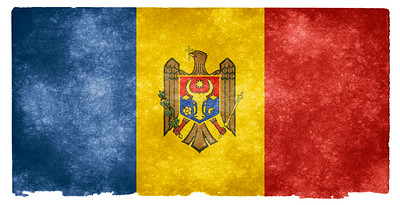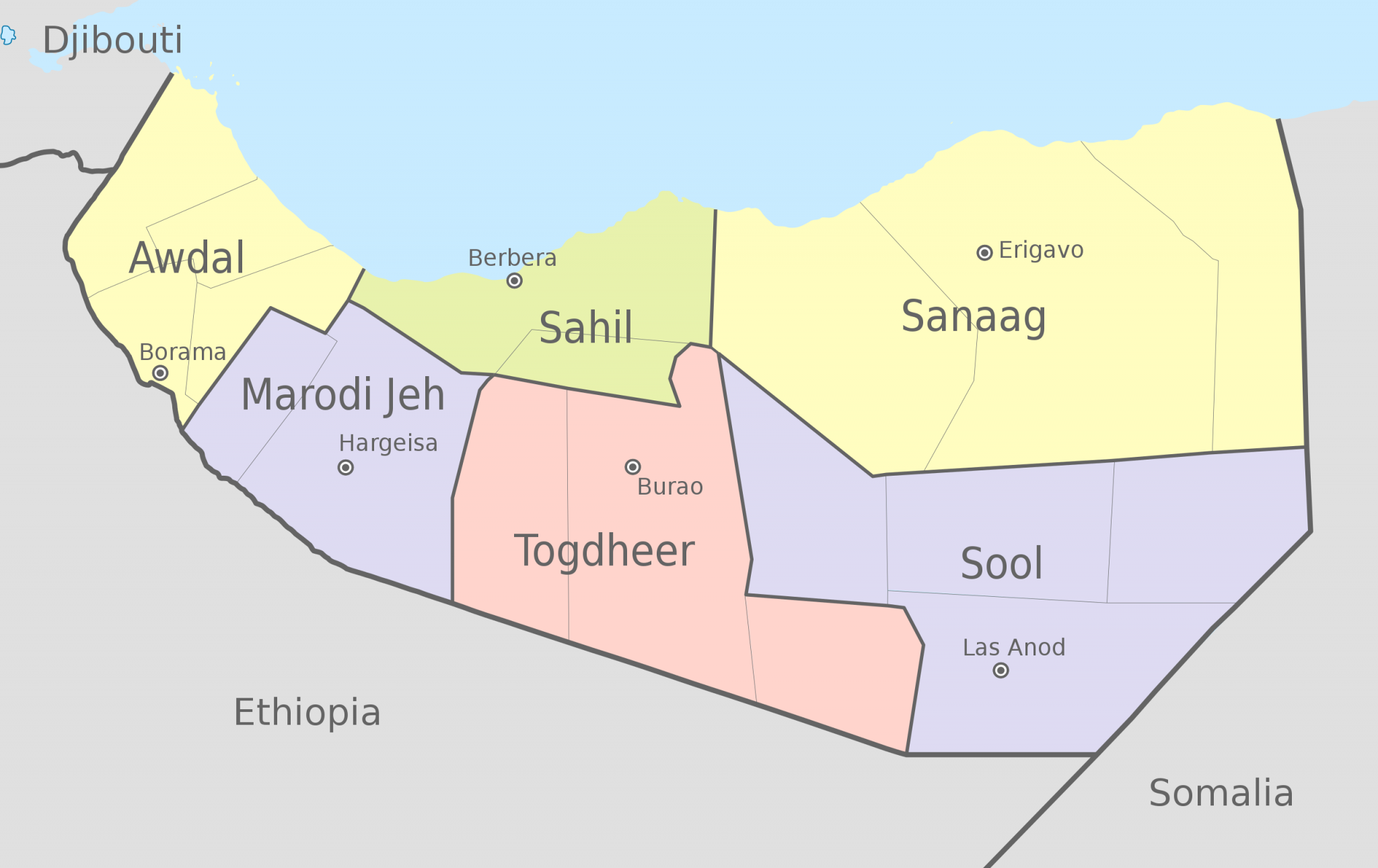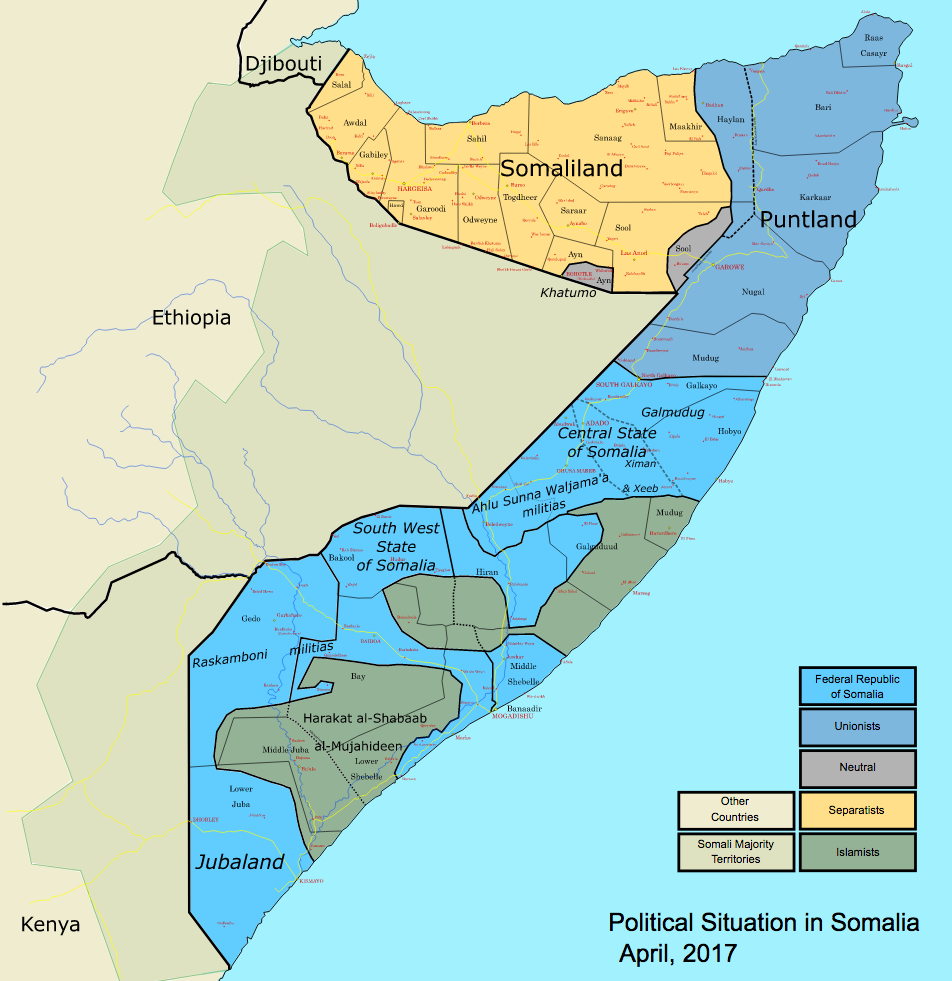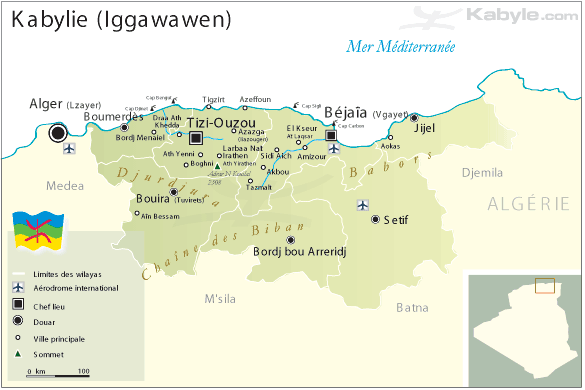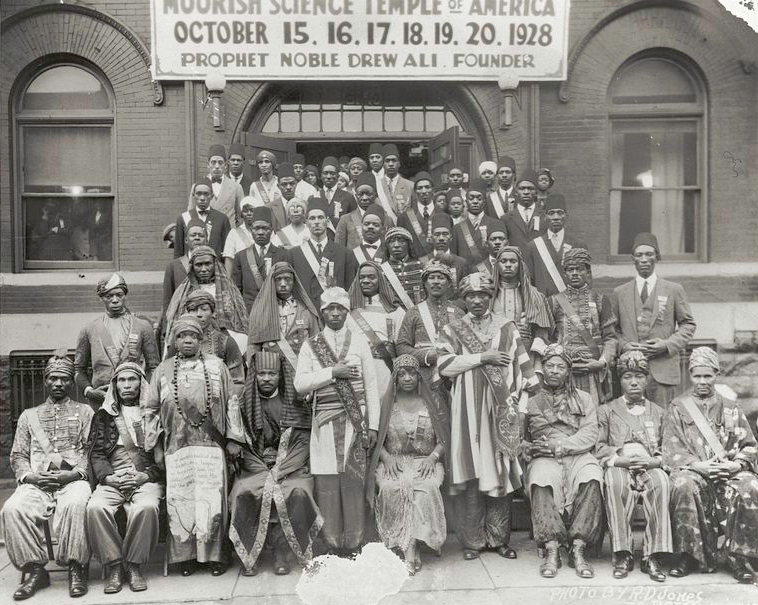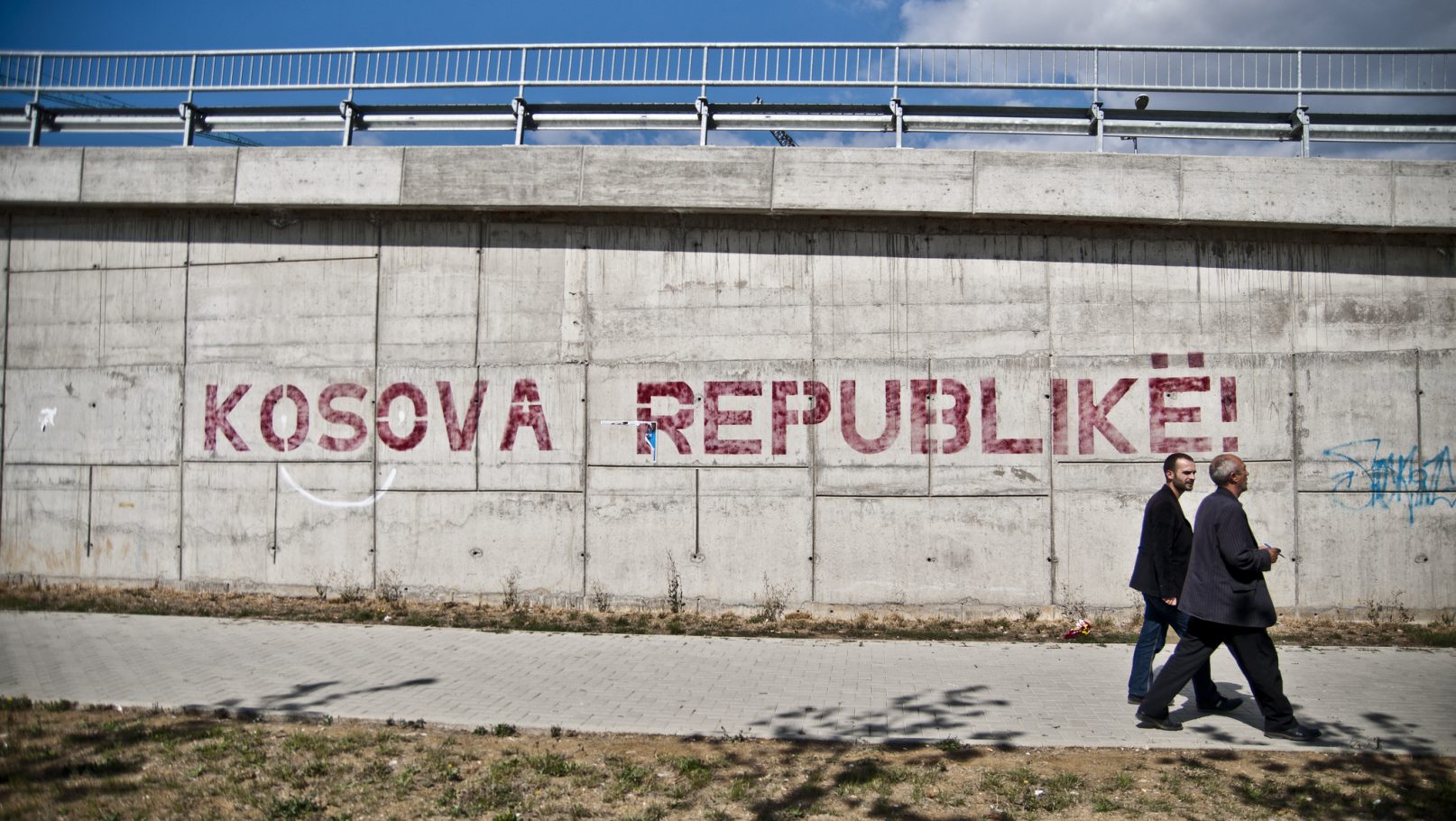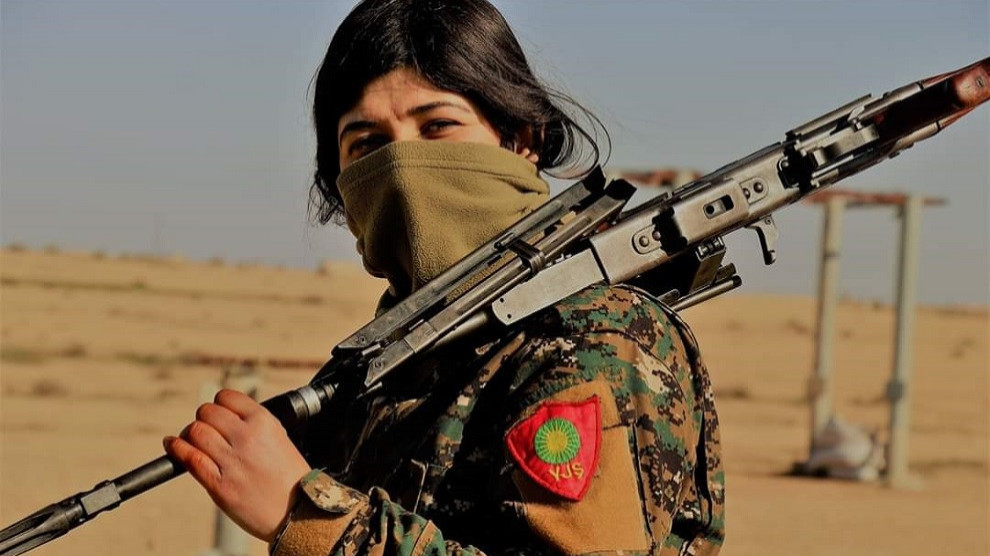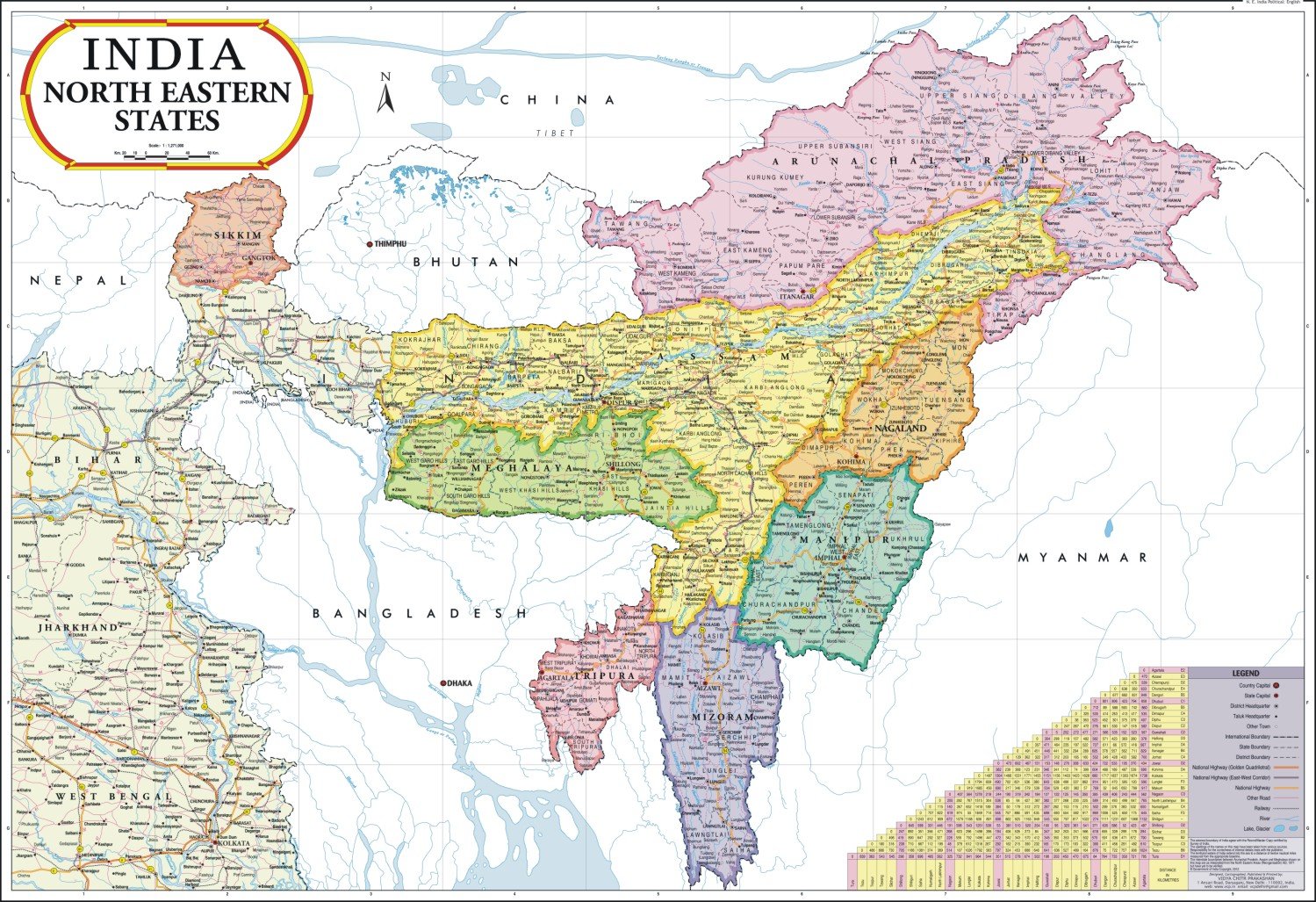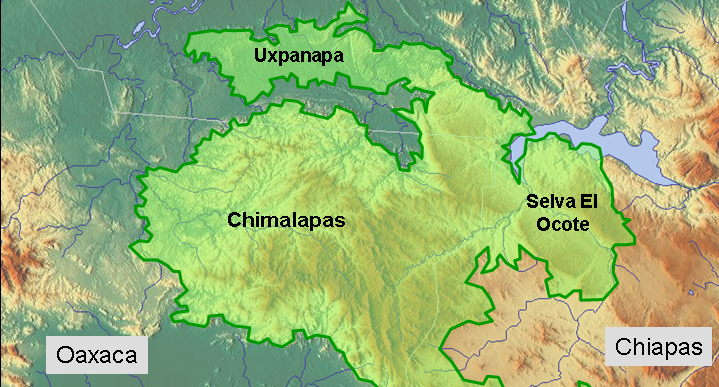
Mexico border change leaves locals ‘stateless’
The Oaxaca state congress voted to modify the border with neighboring Chiapas state, complying with a March 2022 order from Mexico’s Supreme Court of Justice (SCJN). A 162,000-hectare territory of montane forest known as the Chimalapas is ostensibly to be returned to Zoque indigenous communities of Oaxaca, who have protested to demand that the state comply with the SCJN ruling. The decision came as the result of a decades-long campaign by the Zoque communities, who filed a case with the SCJN in 2012, arguing that their rightful lands had been invaded by ranchers and loggers from Chiapas with approval of that state’s government. However, the border change also impacts campesino communities that have since settled in the area from the Chiapas side. Mexico’s National Electoral Institute has stopped issuing credentials to 20,000 residents of these settlements until it is determined whether they are legally citizens of Oaxaca or Chiapas. (Map via Wikimedia Commons)



